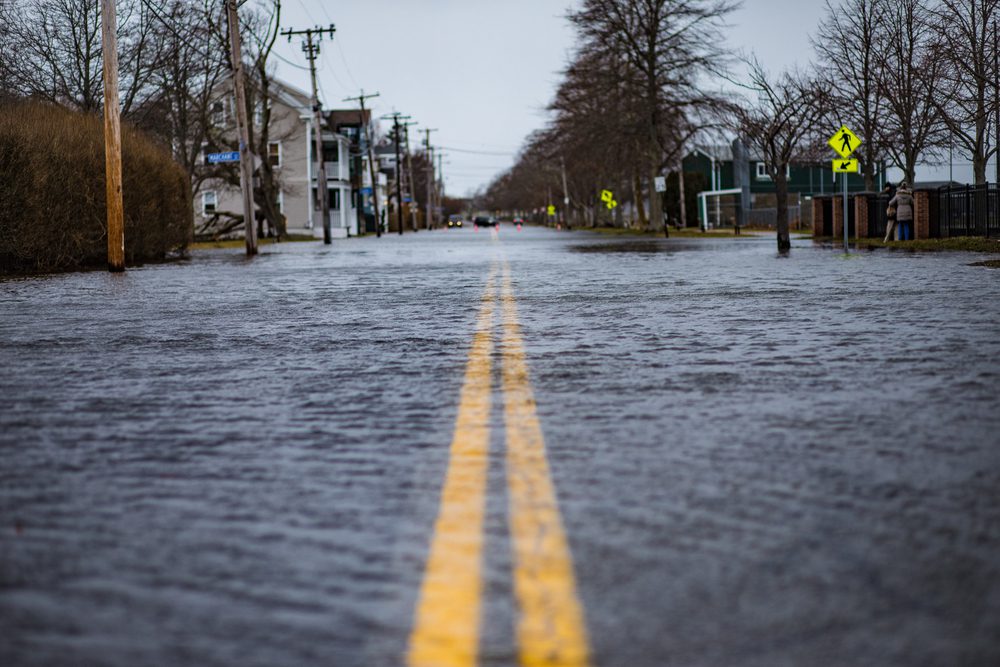
This Hurricane Season is gearing up to be one of the worst we’ve seen in a while. Southern states and Caribbean islands have already seen the power these storms are threatening this year.
There are a number of things to do to prepare for a hurricane. You should:
- Stock up on food and water
- Put ice in your fridge and freezer
- Protect important documents from flooding
- Stock up on diapers and refill medication
- Place sandbags outside doors and entries
We’ve been here plenty of times before. One thing that most people don’t consider until it’s too late: preparing your HVAC unit for the storm. Big storms with high wind and damaging floods can permanently disable your DE HVAC system.
Protect your HVAC unit from damage by:
- Ensuring your unit is properly restrained
- Covering the unit
- Elevating or surrounding your unit with sandbags
- Turning it off and leaving it off!
- Having it inspected after
PROTECT YOUR DE HVAC UNIT FROM WIND DAMAGE
Hurricanes, tropical storms, and simple thunderstorms can cause wind damage to your home or business.
High winds can send objects sailing into your HVAC unit causing body damage or injuring the necessary coils and fans inside. The unit can become overwhelmed from dirt or debris caked inside and outside of the unit causing the unit to stop working properly. Cover the unit with the proper equipment for your model to prevent some damage and debris.
HVAC units can even become dislodged from your roof causing damage to itself and potentially other objects when it falls to the ground. Protect your unit by securing it tightly to the roof, window sill, or ground before the storm starts.
PREVENT DEVASTATING WATER DAMAGE
Water damage can come from a number of sources:
- Flood water
- Heavy rain
- Ruptured pipes
Water damage can spell costly repairs. Especially this close to the ocean, salt water is a pressing concern during a hurricane or tropical storm. Salt water can cause things to quickly corrode. Corrosion not only leads to costly HVAC repairs, but it can also create dangerous a fire hazard for your home or building.
Prevent water damage by covering your unit as previously mentioned. You should also elevate the HVAC unit if possible or place sandbags around your unit for added protection.
LIFE THREATENING ELECTRICAL DAMAGE
During many storms, lightning is a pressing concern. High winds can also cause power surges or downed power lines. Loss of power will shut off your unit, which is not much of a concern. Power surges can cause costly damage to your system and your home’s electrical. This can even become a fire hazard.
A big concern for HVAC units after a storm is when the power comes back on. If your unit was damaged or exposed to salt water, the unit can become a fire hazard or electric shock hazard. Even if your unit seems fine, you shouldn’t touch it. It may also fail weeks later meaning more costly repairs.
THE BEST OPTION?
Turn your unit off before the storm and leave it off until the rain has completely dried. Even if the unit seems dry, even a little water can damage the unit permanently if you turn it back on too soon.
Have your unit inspected by First Class HVAC to ensure your unit is not a fire hazard or electrical hazard following a powerful storm. Call First Class HVAC at 302-804-1309 to have your HVAC unit inspected or repaired after a storm.

